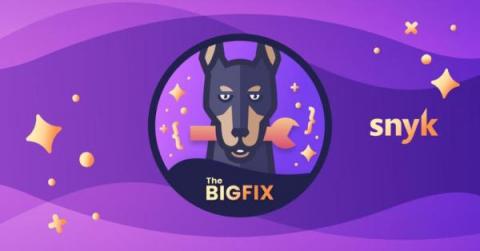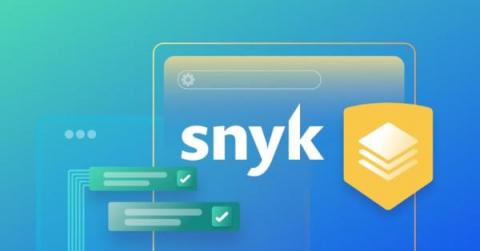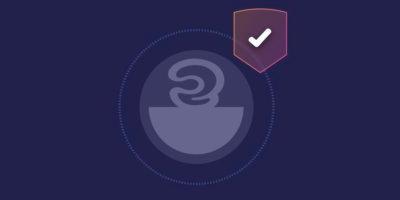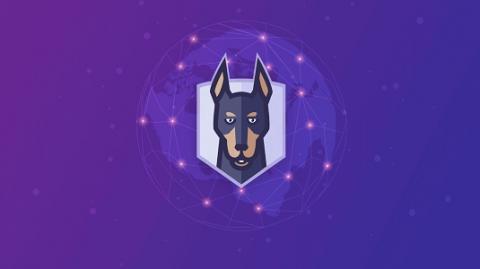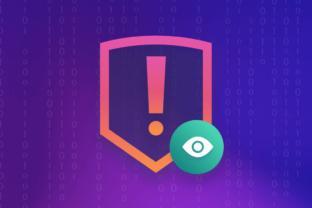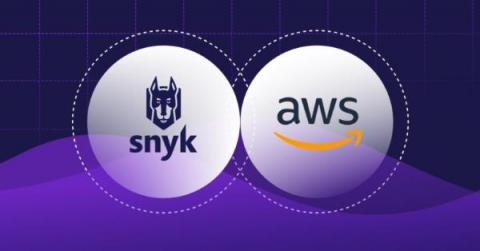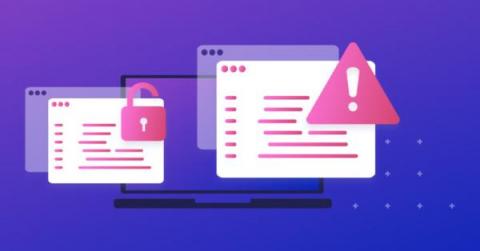Join "The Big Fix" to secure your projects with Snyk and earn cool swag
What if there was a large, global event dedicated to finding and fixing security vulnerabilities in both open and closed-source software? An event that brings developers, DevOps, and security practitioners of all skill levels and backgrounds together to collectively make the software world more secure? Well, I’m excited to announce that Snyk has made this a reality by launching The Big Fix — a month-long event that’s running now!


